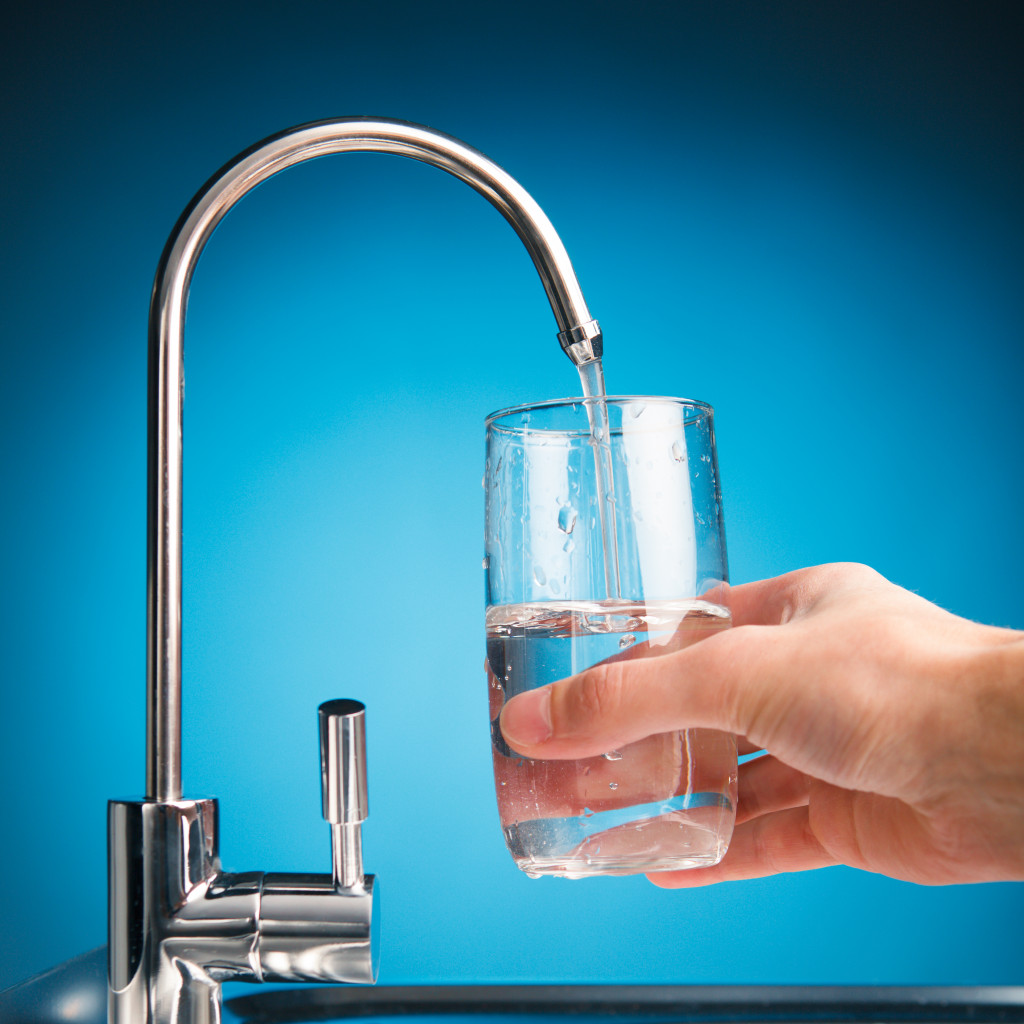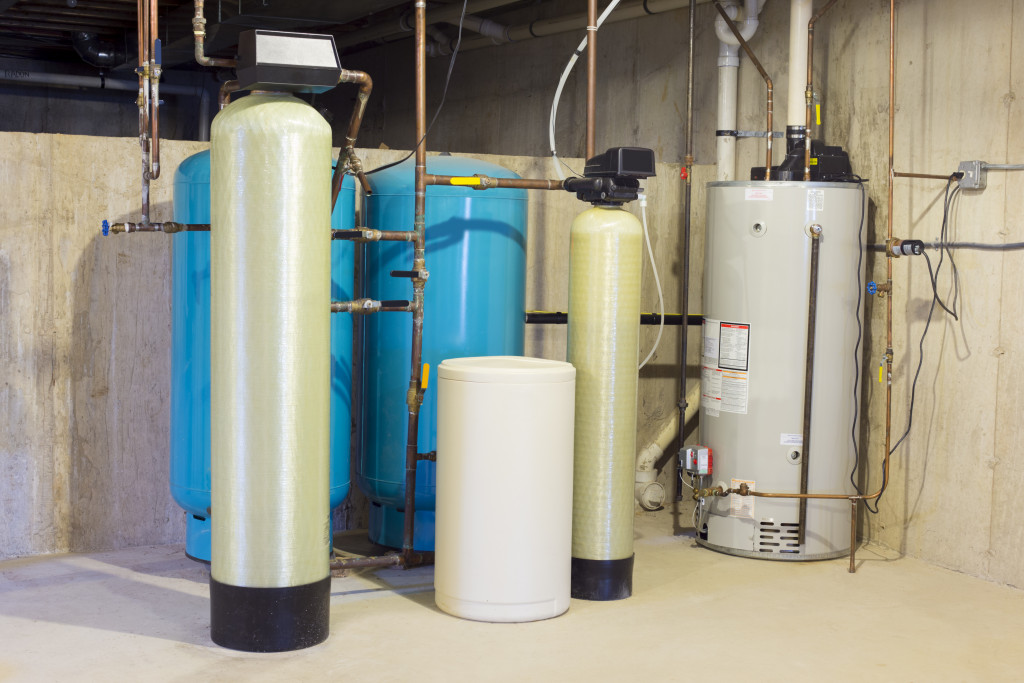Water purifiers are either a necessity or a luxury. When a country does not have enough water treatment of running water, it can be considered necessary when residents do not have access to clean drinking water. On the other hand, those with a public entity that ensures a well-maintained pipeline do not need water filters. In fact, it might even end up costing them more money.
Nonetheless, there are claimed benefits to water purifiers. Depending on their cost and design, they have varying effects on what you drink. Some add minerals, while others absorb. There are also more expensive ones that do both. In either case, make sure that you have a trusted courier service to deliver the water purifier in your home to avoid any damages to the filtration system.
With the advances in nanotechnology, some water purifiers can remove organic matter due to the anti-microbial properties of specific nanoparticles like those of silver and copper. These kill viruses, bacteria, and other organic matter on contact. Unfortunately, these are likely to be expensive.
The water filters that are commonly available in the market use basic filtration technology. If you have access to clean drinking water from your tap, the only selling point will be the difference in taste that water purifiers provide. Here are considerations to make when you purchase a water filter:
Your Electric Bill
Electric water filters might add up to your electricity bill. Some systems work using gravity. But if your water purifier is at a different elevation compared to its source and outlet, you need pumps to transfer the water from its source, help it pass through filters, and push it toward your bottle, cup, or mug. Pumping water requires electricity, so how water filters are set up in your home is an essential consideration if you want to save on electricity.
UV filters and alkaline ionizers also require electricity to function. It is up to you to decide if you need either of these filters to act upon your water. UV filters can remove odor and organisms in your water, while alkaline ionizers claim to provide you with alkaline water by breaking down the molecules of water. UV filters are widely used in water treatment systems all over the world.
However, there is doubt about the efficiency of alkaline ionizers due to the significant input of electricity and the time it takes to break down the molecules. It is also unsure if there are enough hydroxide molecules to significantly increase the alkalinity of water in the short period that the filter is turned on. Furthermore, the membrane separating the “acidic” and “alkaline” water cannot be semi-permeable. Otherwise, the components of the water molecules will react and combine again.

Replacing Filters
Activated carbon filters absorb odors and pollutants from your water, making them an essential component in any water filtration system. Unless they are attached with a silver zeolite that can kill microbes on contact, activated carbon filters are an excellent medium for bacterial growth; a problem faced by the water filter industry.
This is why it is crucial to replace filers according to the schedule set by the manufacturer. If you intend to purchase a water purifier, ensure that it is spotless, disinfected and that the filters are replaced on time to avoid drinking bacteria-infested water.
Similarly, UV filters need to be replaced to ensure their effectiveness. Like your light bulb, the intensity of the light coming from UV filters might wane over time. This is the light used to treat your water. Following the replacement schedule set by the manufacturer can guarantee that the quality of water coming out of your UV filter will be treated properly.
“Water” You Waiting For?
It will take time for your water filter to activate and purify the tap water. If you are in a hurry, you might find this frustrating compared to just getting water from a jug of already purified water. Even more so, if you already have clean drinking water straight from the tap, the delay in your day caused by water purifiers is unnecessary.
Before you purchase a water filter, carefully consider if you need the extra expense. Conduct a water quality check in your home, but make sure that it is from an independent contractor and not a water filter company. This is to avoid any possible bias. If you find the water inadequate in specific parameters, it becomes a justified, long-term investment. You can take the next step if you’ve ensured you need it.
